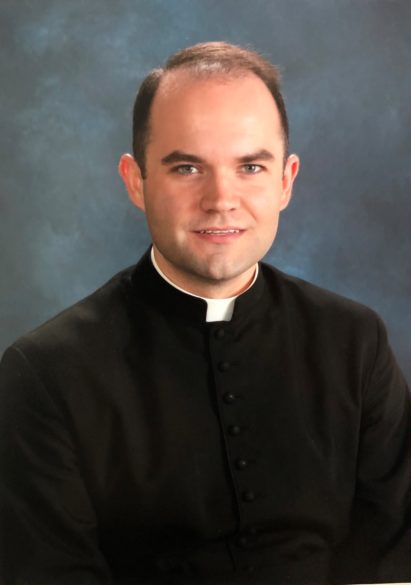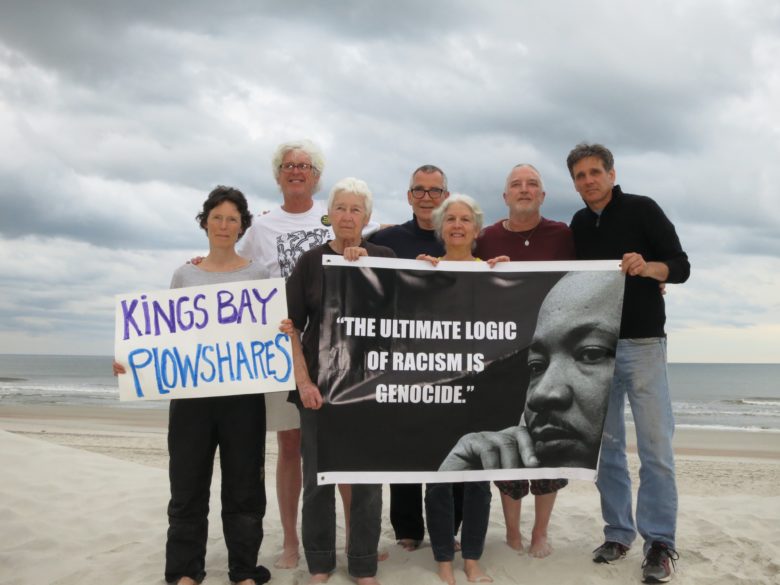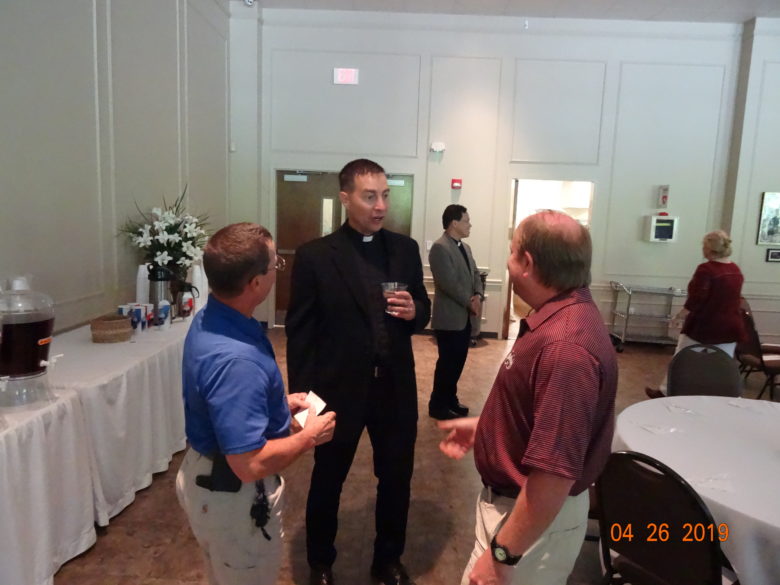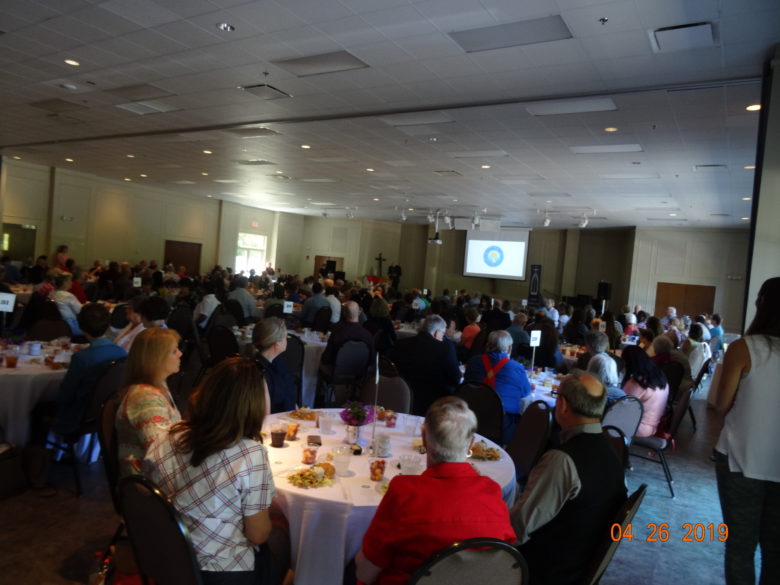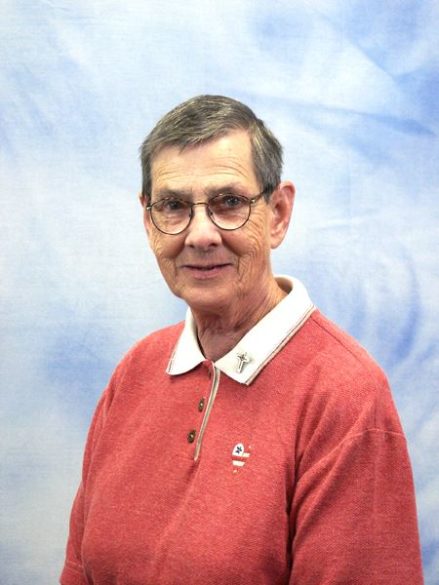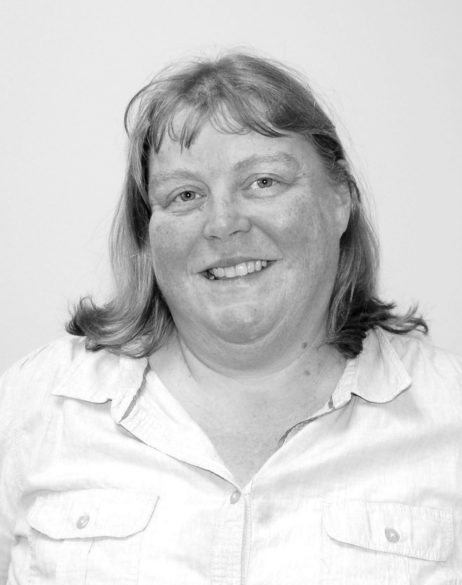
Kneading faith
By Fran Lavelle
“Be who God meant you to be and you will set the world on fire.” St. Catherine of Siena. This quote and indeed this saint have been on my mind a lot lately. Perhaps it’s because our calling to be who God intends us to be is particularly poignant during the Easter Season. Graduations are beginning to happen in our high schools and universities; we are in full swing Confirmation mode; and, by Jesus’ resurrection we see our hope and promise is renewed. For the youth in our midst, who are you meant to be?
The past few weeks I have spent some quality time with Pope Francis’ Papal Apostolic Exhortation, Christus Vivit, to the young people of the world. In October of 2018, the XV Ordinary General Assembly of the Synod of Bishops convened to discuss “young people, the faith and vocational discernment.” Christus Vivit is derived from those proceedings. Having spent the better part of my ministry serving God’s young people, I have found this document to be affirming and challenging.
Defining youth, as in who is and who isn’t a youth, especially in ministry, is kind of tricky. The definition of young people included in the Synod and subsequentially Christus Vivit is 16-29. The defined age group was not considered as a homogeneous unit, rather seen as a heterogeneous group made up of various cultural realities and experiences of young people around the world. The study group included young people born between 1989 and 2002. They are defined by social scientists as Generation Y or Millennials (born 1980 to 2000) and Generation Z (born 2000 to present). Pope Francis paid great attention to the diversity of experiences and culture within this broad age group.
Using the Scriptures and the canon of saints, Pope Francis connects the lives of young people with the lives of other virtuous young people throughout the ages. He takes the approach of looking back to look forward and empower our youth today. He makes it very clear that young people are not the future of our world, but its present. Sometimes we get caught up as pastors, catechetical leaders and parents in thinking that young people are the future of the Church. Without acknowledging them now, understanding their culture, and recognizing their gifts, we can rest assured that they will be unchurched in the future.
One of the primary areas the Synod addressed that Pope Francis asks us to encounter in a serious way is our digital environment. The internet and social media have myriad implications on several levels. It effects individual development of social norms and skills, it creates anonymity which fosters an environment of bullying and other negative behaviors, it creates a false sense of self, self-image and self-worth, both in narcissistic and self-loathing ways.
While these mediums were created to bring the world closer and have great potential and capacity for good, the reality is the digital environment has also created a rootlessness and loneliness. It is our challenge to continue to be a virtual space that is rooted in the Gospel and builds healthy communities for young people to flourish.
My favorite might be the chapter devoted to youth ministry. He begins by underscoring his core belief that young people themselves are agents of youth ministry. He recognizes the need for adult guidance but at the same time affirms that young people need to be free to develop new approaches. He does not advocate throwing out everything from the past; rather, he is asking us to examine what has worked and been effective. In doing so, we are challenging ourselves reevaluate what has proved to be effective in communicating the Gospel.
Youth ministry, Francis maintains, has two main functions; one is outreach and the other is growth. Outreach reflects how we are attracting youth to the Gospel. Growth is how we invite those who have experienced the Gospel to learn how to deepen in that experience and mature in it. It is quite clear that Pope Francis recognizes that young people are to be empowered. They are built for community. They are hungry to be seen, heard and valued. The language young people understand, the pope maintains, is the language spoken by those who “radiate life” by those who are there with them and for them.
The Pope is writing this for all of us, not just the youth of the Church. Our ability to radiate life regardless of our role, title or ministry is at the core of how we are to be as Catholic Christians. Not just for our youth, but for all of God’s people, let us be present to one another with the care, compassion and love Jesus has for each one of us. Now, let’s go set the world on fire!
(Fran Lavelle is the Director of Faith Formation for the Diocese of Jackson.)

